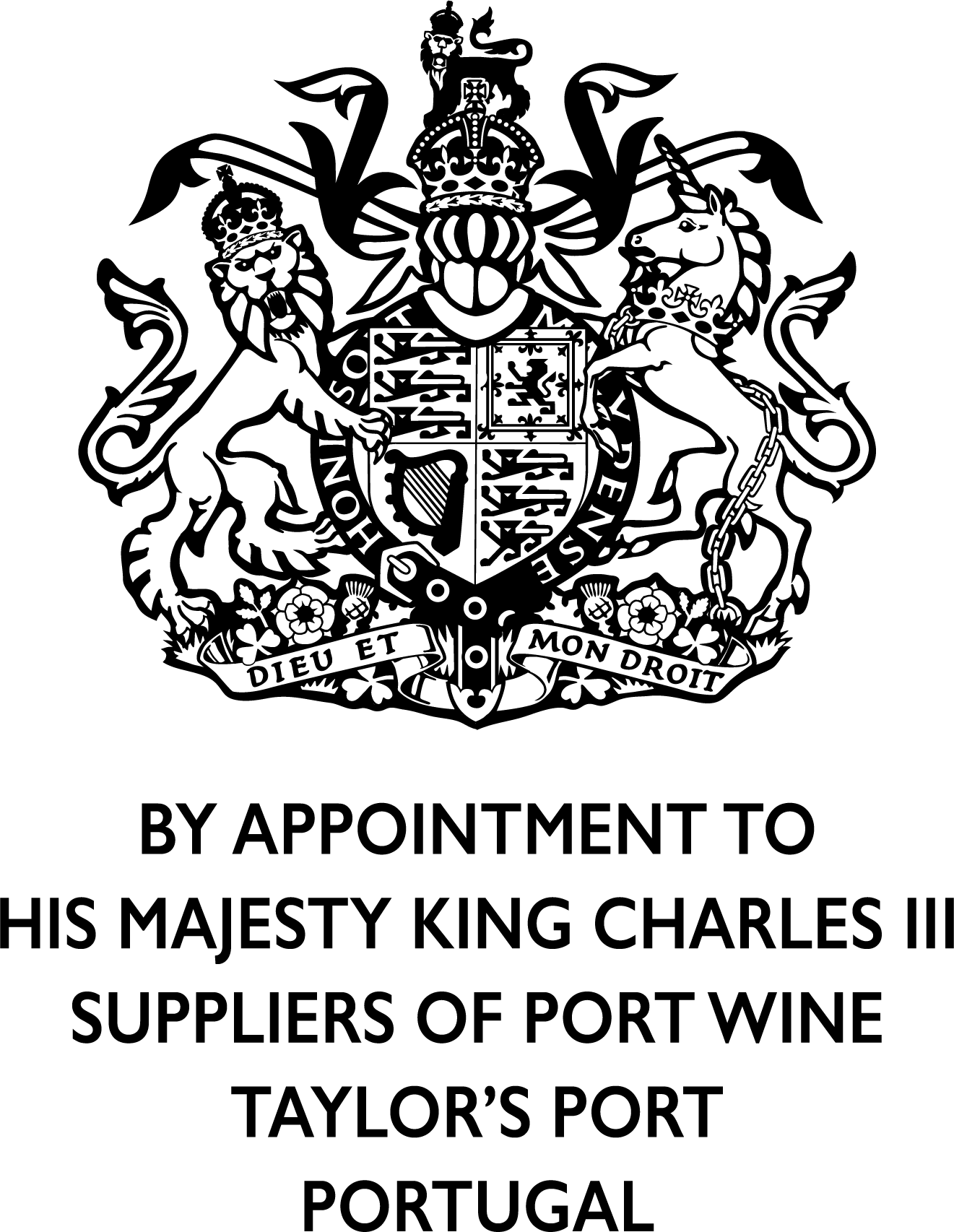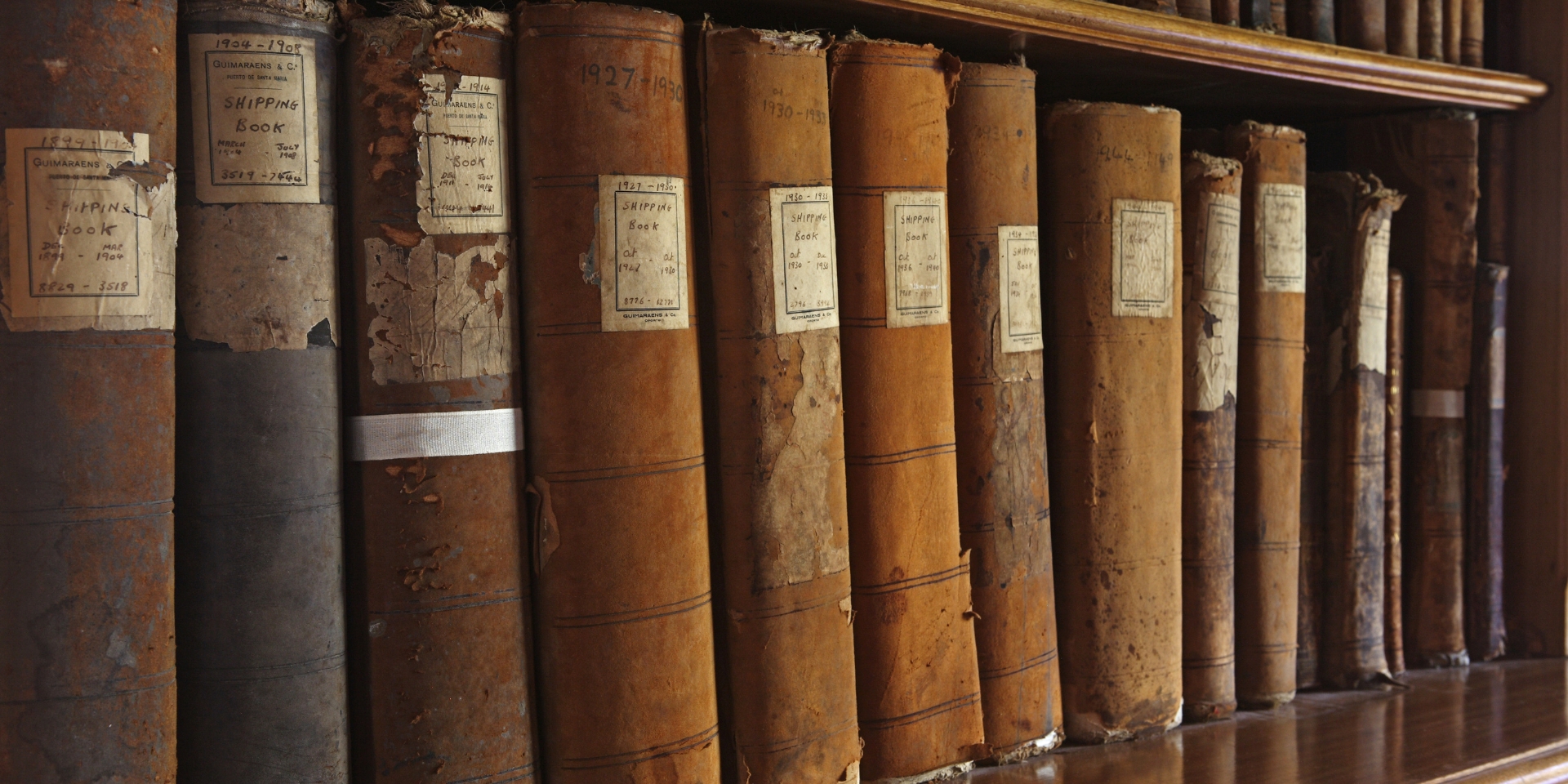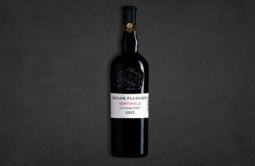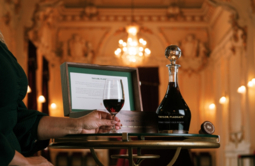Macaco
A macaco is a long wooden plunger which is used in traditional Port making to 'punch down' the layer of grape skins which forms on the surface of the fermenting must. The macaco is held by a person standing on the edge of the lagar or on a plank laid across it. It is inserted into the layer of skins with a plunging, twisting action, submerging the skins under the surface of the wine. The macaco is used during the intervals between treading to ensure that the skins are kept moist and continue to release their colour, tannins and aromatic compounds into the wine.
Magnum
See 'Bottle sizes'.
Marão
The majestic Marão mountains rise to the west of the Port vineyards of the Douro Valley, separating them from the temperate and humid coastal area and shielding them from the rain-laden north westerly winds blowing off the Atlantic. The highest peak is 1,415 metres above sea level. In the seventeenth and eighteenth centuries, the Marão presented a formidable obstacle to wine merchants wishing to travel into the Douro Valley to purchase wine. One of the first English merchants to make this journey was Peter Bearsley, son of the founder of Taylor's.
Marcos de feitoria
In 1756 the Marquis of Pombal, then Prime Minister of Portugal, enacted a series of far reaching reforms designed to regulate the production and sale of Port wine and protect its quality and reputation. These visionary measures were the precursors of today's concept of an appellation d'origine contrôlée. They included the demarcation of the Port vineyards. This involved setting the boundaries outside which the vineyards were not deemed of sufficient quality to produce Port wine. The boundaries were marked out with 335 stone pillars known as marcos de feitoria.
Marquis of Pombal
Sebastião José de Carvalho e Melo, Count of Oeiras and Marquis of Pombal, was the Portuguese Minister of State in the reign of King José I. Among his many achievements was the reconstruction of Lisbon after the devastating earthquake and tsunami of 1755. He was also responsible for the demarcation of the Port vineyards in 1756, followed by a comprehensive classification of the individual vineyards the following year. He also enacted a series of laws regulating the production and sale of Port. In doing this he effectively created the first modern appellation d'origine contrôlée and helped secure the future of Port as one of the world's great classic wines.
Mortórios
As elsewhere in Europe, the Phylloxera vine louse caused extensive devastation in the vineyards of the Douro Valley, particularly in the 1870s. Phylloxera caused severe damage to the economy of the region. The owners of vineyards that had been destroyed by Phylloxera often faced financial ruin and were unable to replant them. Some of these vineyards have remained unplanted ever since and their derelict terraces can still be seen in some parts of the Douro Valley, often planted with olive or almond trees. These old abandoned vineyards are known as mortórios. In recent years, many mortórios, particularly those located in high quality areas have been replanted although the old walled terraces are normally in too advanced a state of disrepair to be rebuilt.
Must
Must is the word for grape juice which has not finished fermenting and has not yet become wine. In other words, it is juice in which the yeasts have not yet finished converting the natural sugar of the grape juice into alcohol. During the fortification of Port, the grape spirit (brandy) is added to the must, in other words to juice which is still fermenting and in which some of the natural sweetness of the grape still remains.
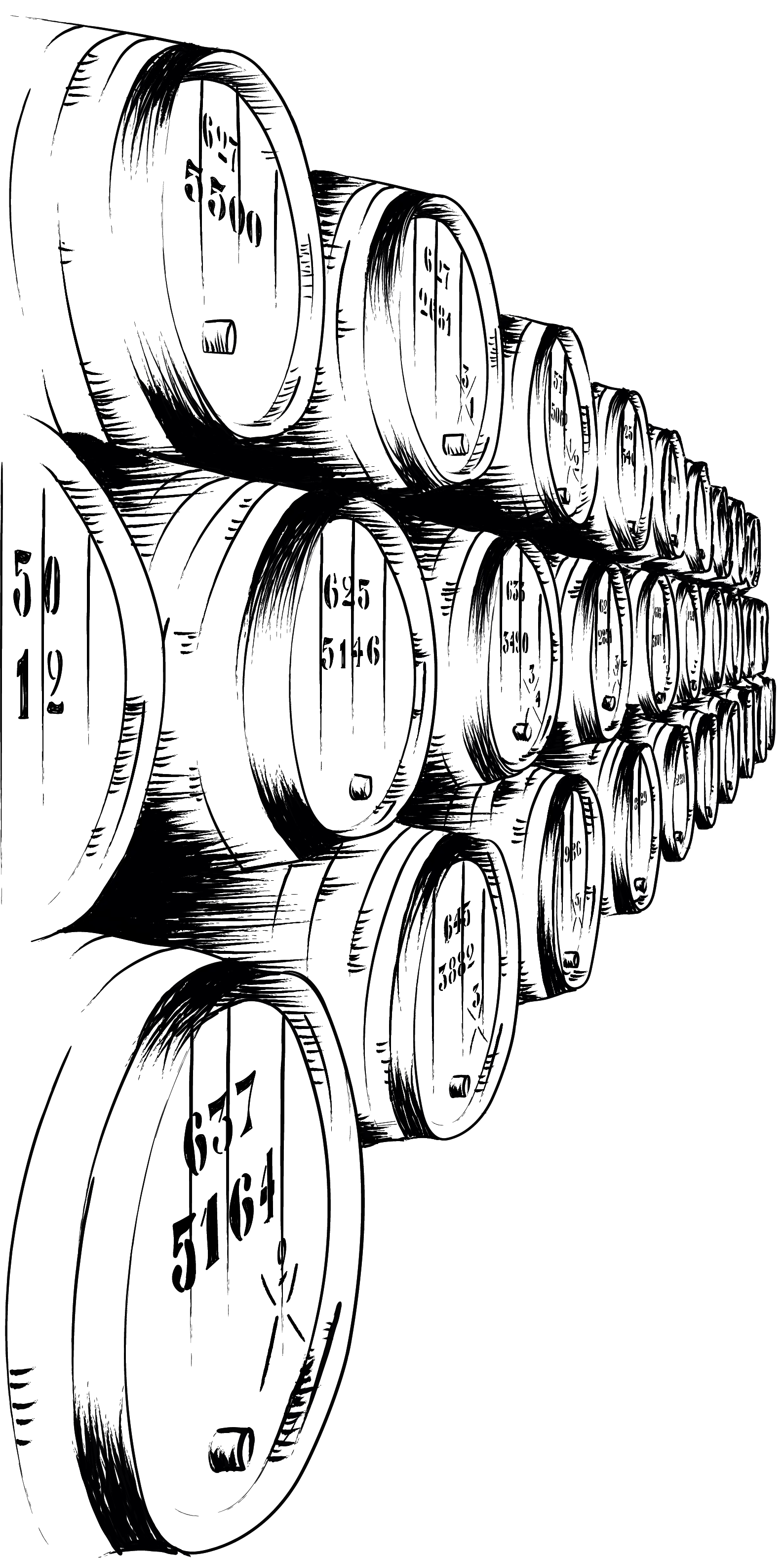
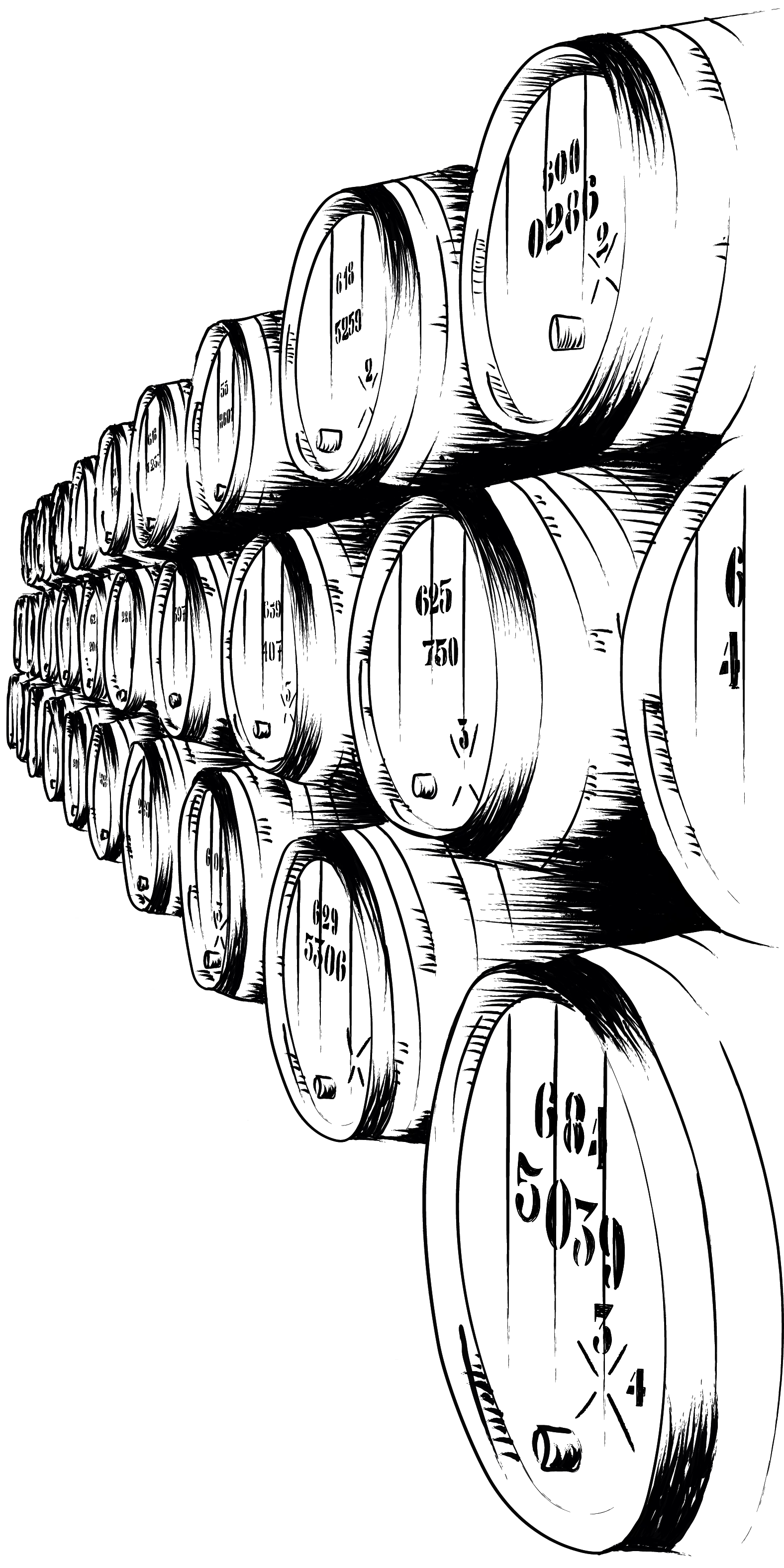
discover more
